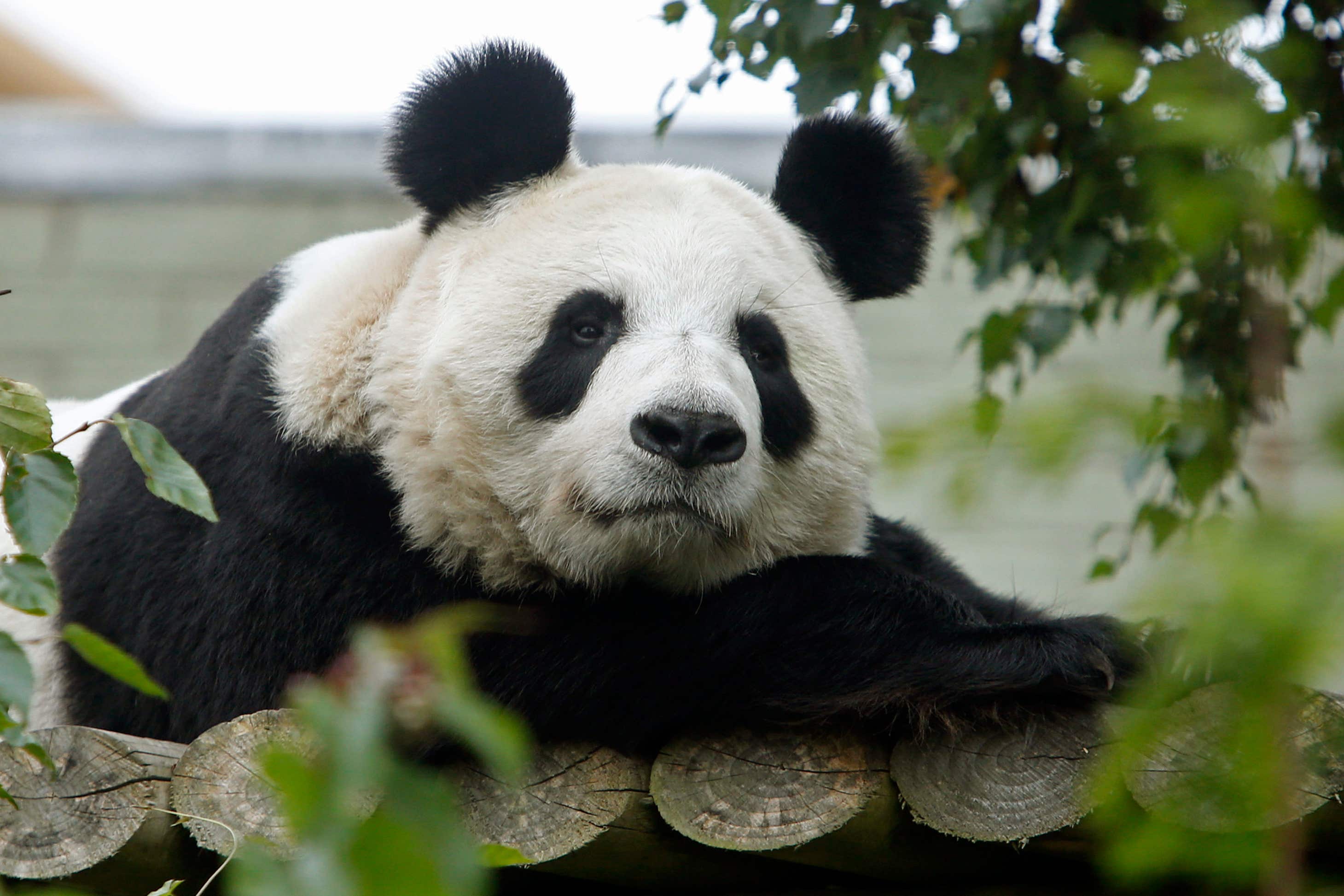Living in zoos outside their natural environment may disrupt pandas – study
All animals have a circadian rhythm regulated by cues from their natural environment.

Like some humans who experience seasonal affective disorder (SAD) in the winter, living in zoos outside their natural environment may disrupt the bodies and behaviour of giant pandas, new research suggests.
According to the findings, the animals living north or south of their natural habitat may not have optimal welfare if their body clocks are out of sync.
University of Stirling researchers who studied the vulnerable animals at six zoos over the course of 12 months said that much like how humans in Scotland experience SAD in the darker colder months, pandas may struggle to fully adapt to environments which they have not evolved for.
All animals have a circadian rhythm regulated by cues from their natural environment, including temperature, light cycles, and seasonal food.
We found that giant pandas housed in zoos at higher latitudes than their natural range will show lower levels of activity
If these cues are quite different to the ones from the habitats they have evolved for, it disrupts their bodies and behaviour.
The new study found that giant pandas housed in zoos outside the latitude of their normal range are less active, with potential consequences for their wellbeing.
Pandas’ abnormal and sexual behaviours fluctuated at similar points, the research published in Frontiers in Psychology found.
According to researchers, this could possibly suggest they may be frustrated that they cannot migrate or mate as normal, since migration and mating occur in the same season, spring.
Kristine Gandia, of the University of Stirling’s Faculty of Natural Sciences, who led the study, said: “We found that housing giant pandas in zoos outside of their natural latitudinal range, where environmental cues like light have different cycles to those which they have evolved for, has an effect on rhythms of behaviour throughout the day and across the year.
“Animals synchronise their internal clocks to external cues like light and temperature so that they can display adaptive rhythms of behaviour like sleeping or eating at the right times of day or mating at the best time of year.
“When internal clocks are not synchronised with external cues like light and temperature, animals experience adverse effects.
“In humans, this can range from jet lag to metabolic issues and seasonal affective disorder.
“We found that giant pandas housed in zoos at higher latitudes than their natural range will show lower levels of activity.
“We also found sexual-related behaviours and abnormal and repetitive behaviours have similar rhythms throughout the year, implying that giant pandas may display abnormal and repetitive behaviours when they are unable to express sexual-related behaviours, replacing one behaviour for the other.”
The researchers used webcams to monitor 11 giant pandas at six zoos both inside and outside pandas’ natural habitat, noting general activity, sexual behaviour, and abnormal behaviour.
The animals were observed between midnight and 6am at regular intervals throughout the year, from December 2020 until November 2021.
Bookmark popover
Removed from bookmarks